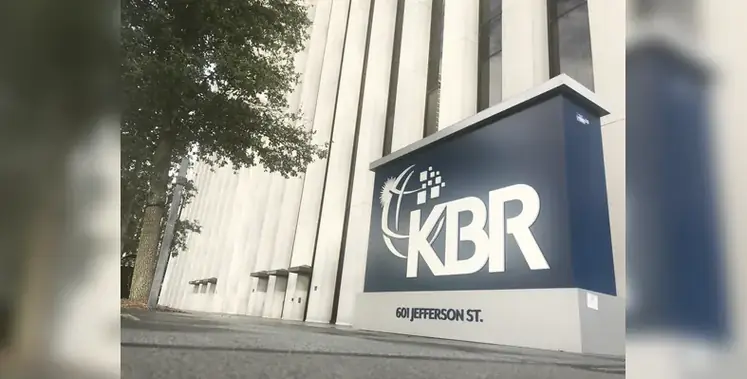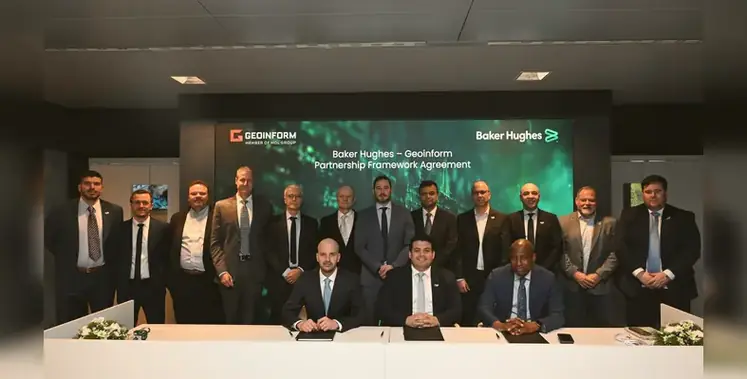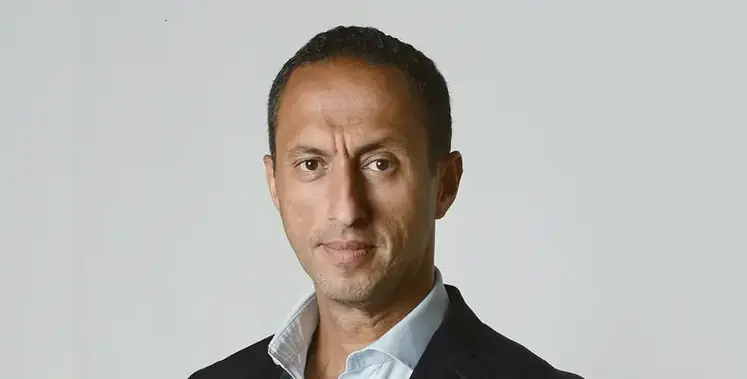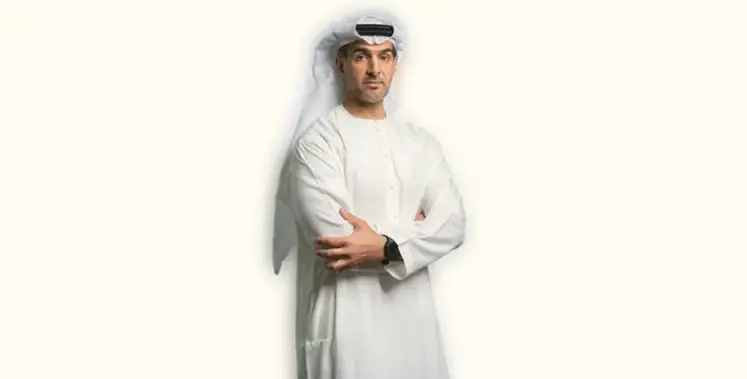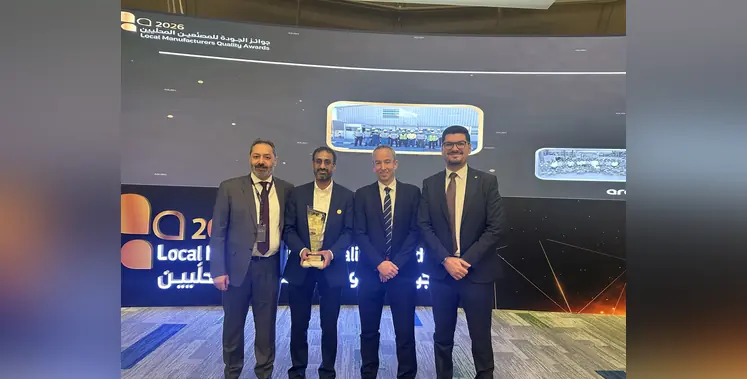
The award recognises Emerson's commitment to quality, manufacturing excellence, and long-term alignment with national industrial objectives. (Image source: Emerson)
Emerson has been awarded the 2026 Saudi Aramco Local Manufacturers Quality Award, in recognition of its performance in manufacturing excellence and long-term alignment with Saudi Arabia’s national industrial strategy
The award was presented during an official ceremony on 29 January 2026 at the Dhahran Plaza Conference Center. The event was hosted by Saudi Aramco and led by its Technical Services executive vice president, Wail A. Al Jaafari, who honoured companies demonstrating high standards in local manufacturing and product quality.
The accolade followed a formal assessment process conducted in coordination with Saudi Aramco’s technical teams. Emerson’s Control and Safety Systems (CSS) division spearheaded the company’s participation in the evaluation and represented the group at the ceremony in Dhahran.
Hussein Zein, vice president of Emerson in Saudi Arabia, said the recognition reflected a long-standing partnership built on trust and technical discipline. He added that Emerson’s emphasis on governance, leadership accountability and in-Kingdom manufacturing supports the objectives of Saudi Arabia’s Vision 2030 economic diversification programme.
The Saudi Aramco Local Manufacturers Quality Award is presented to organisations that achieve high performance across technical, operational and quality benchmarks, in line with the In-Kingdom Total Value Add (IKTVA) programme. IKTVA is designed to increase local content, strengthen domestic supply chains and foster sustainable industrial growth within the Kingdom.
Emerson has expanded its footprint in Saudi Arabia steadily over the past 16 years. Key milestones include the opening of facilities in Jubail, Dammam and Dhahran, as well as the launch of a major manufacturing hub at King Salman Energy Park (SPARK) in 2024. The SPARK development has been positioned as a cornerstone of Saudi Arabia’s strategy to localise energy sector manufacturing and services.
The company’s growing presence in the Kingdom aligns with national efforts to enhance industrial capabilities, reduce reliance on imports and generate skilled employment opportunities for Saudi nationals. By increasing local production of automation and control systems, Emerson is contributing to the resilience and competitiveness of the country’s energy and industrial sectors.
Industry observers note that such awards play a role in encouraging international suppliers to deepen their in-country commitments, particularly as Saudi Arabia accelerates reforms aimed at strengthening its non-oil economy.
For Emerson, the recognition underscores its strategy of combining global technical expertise with local manufacturing capacity, reinforcing its position as a long-term partner to Saudi Arabia’s energy and industrial transformation.





